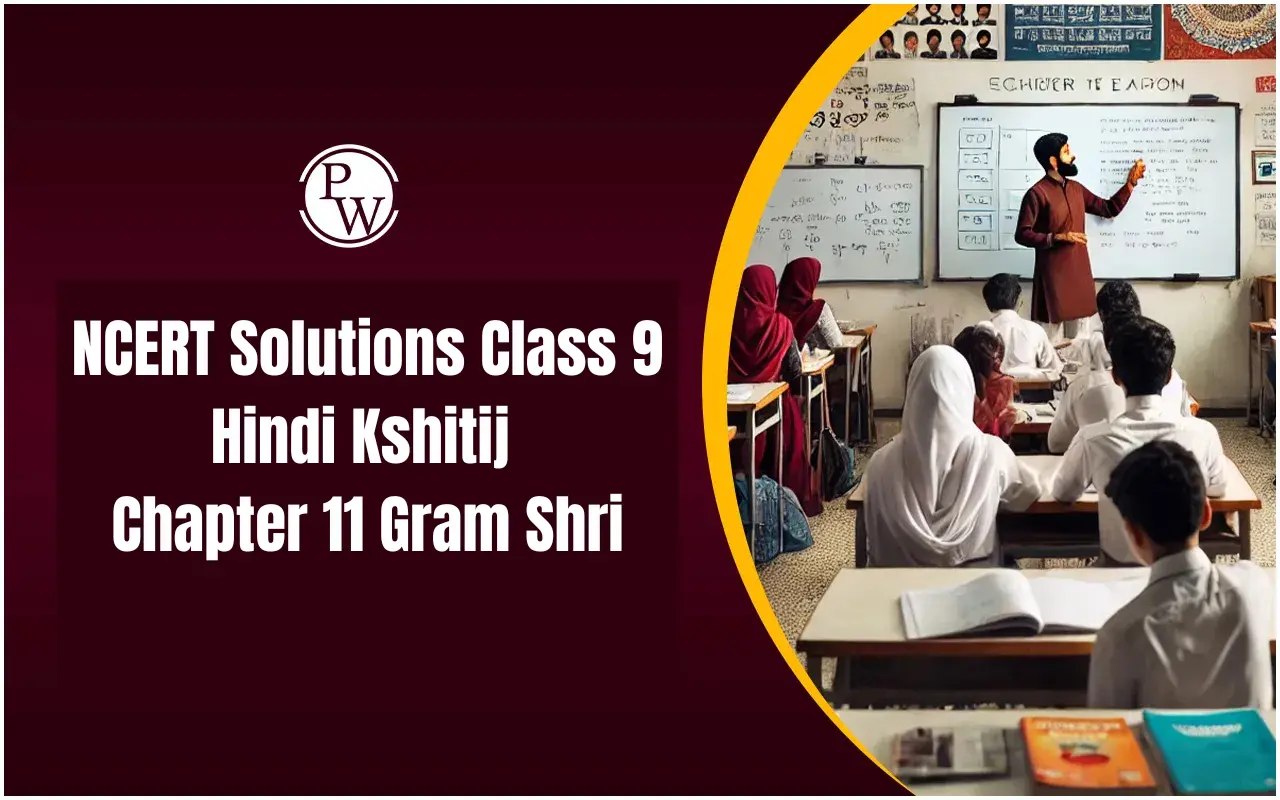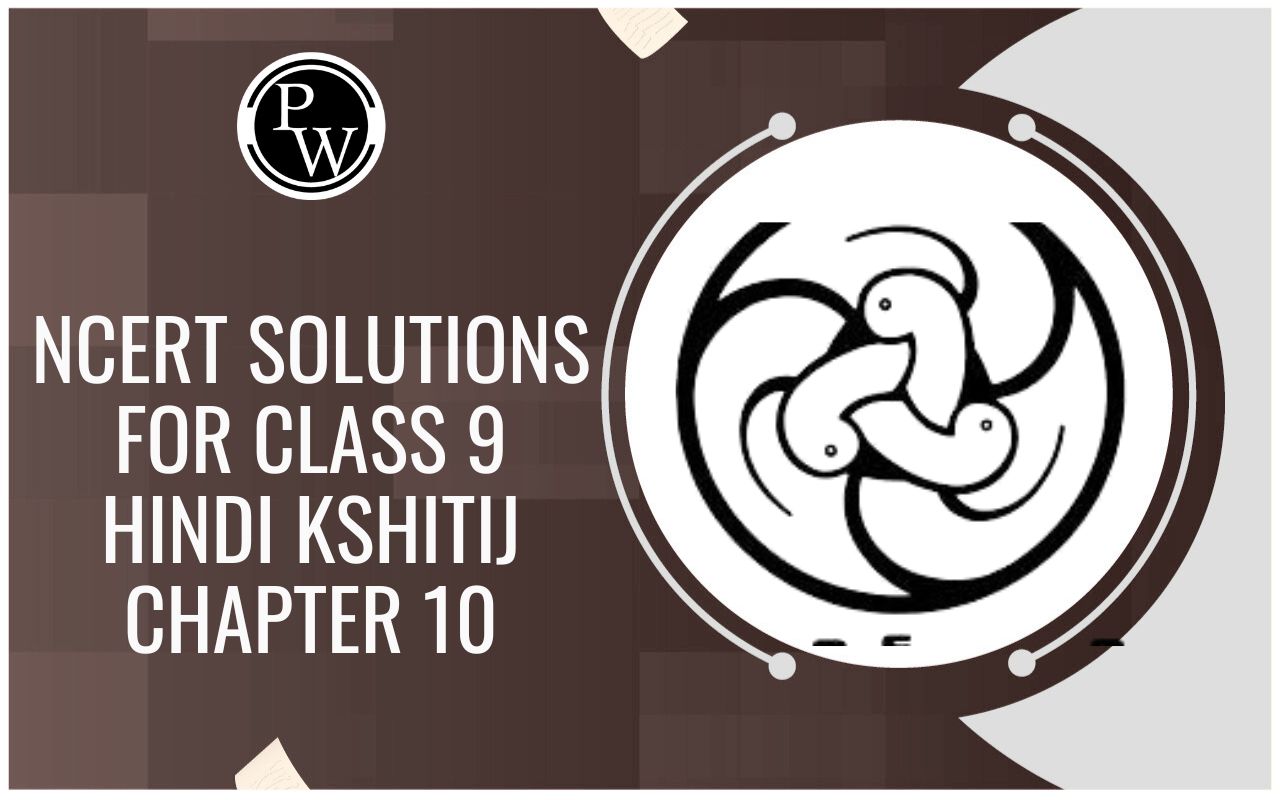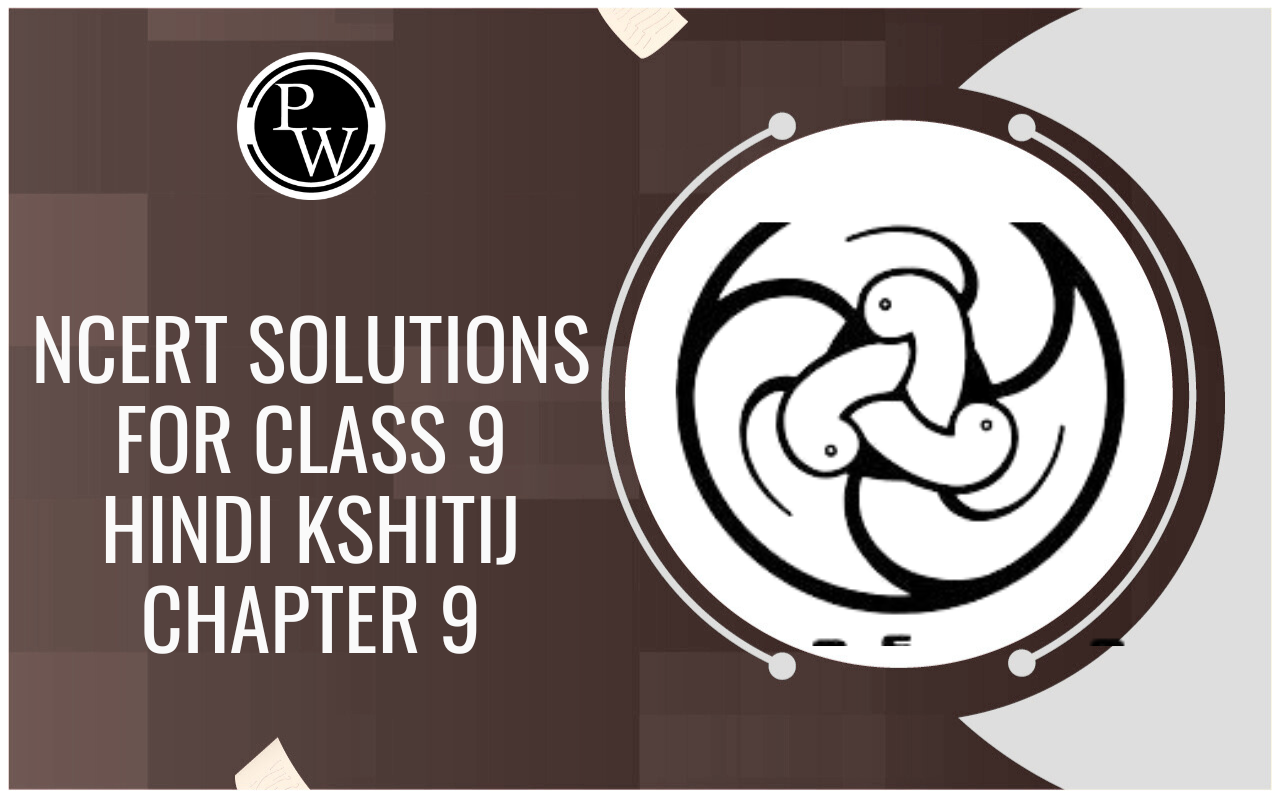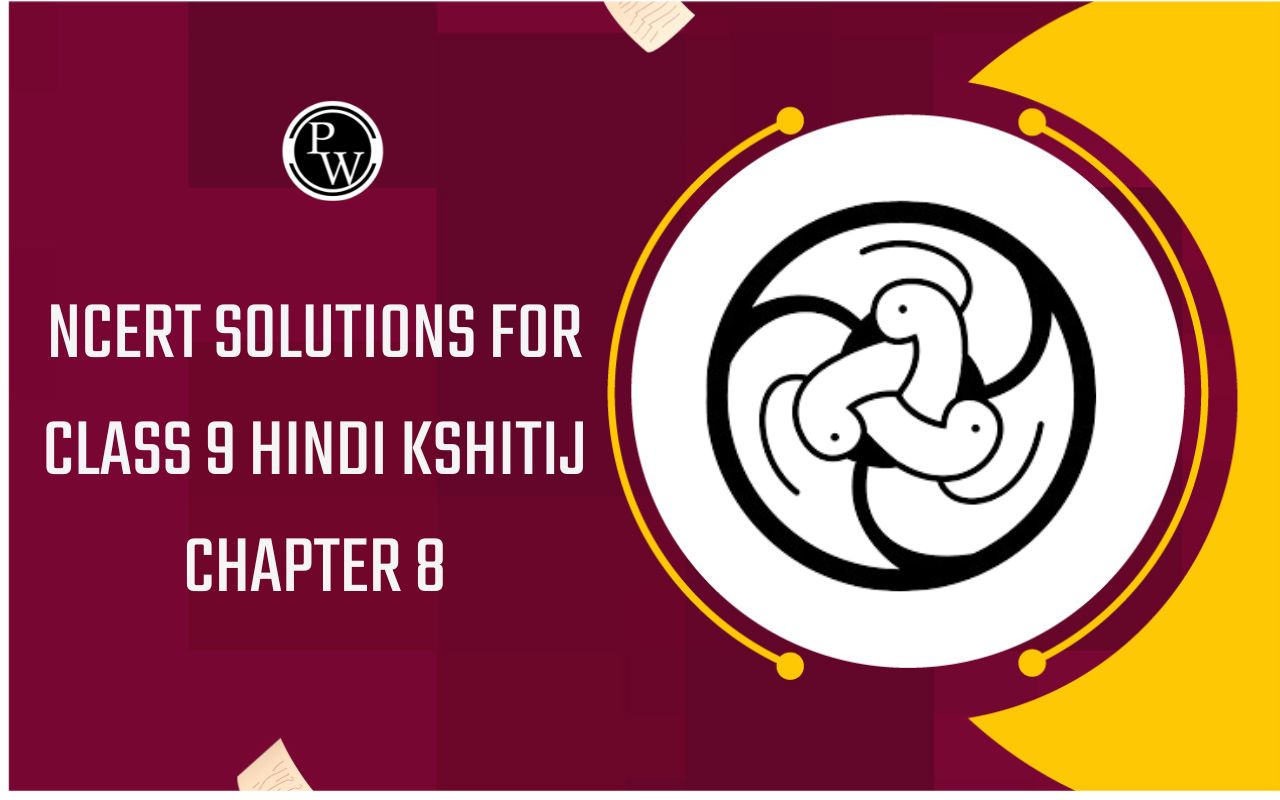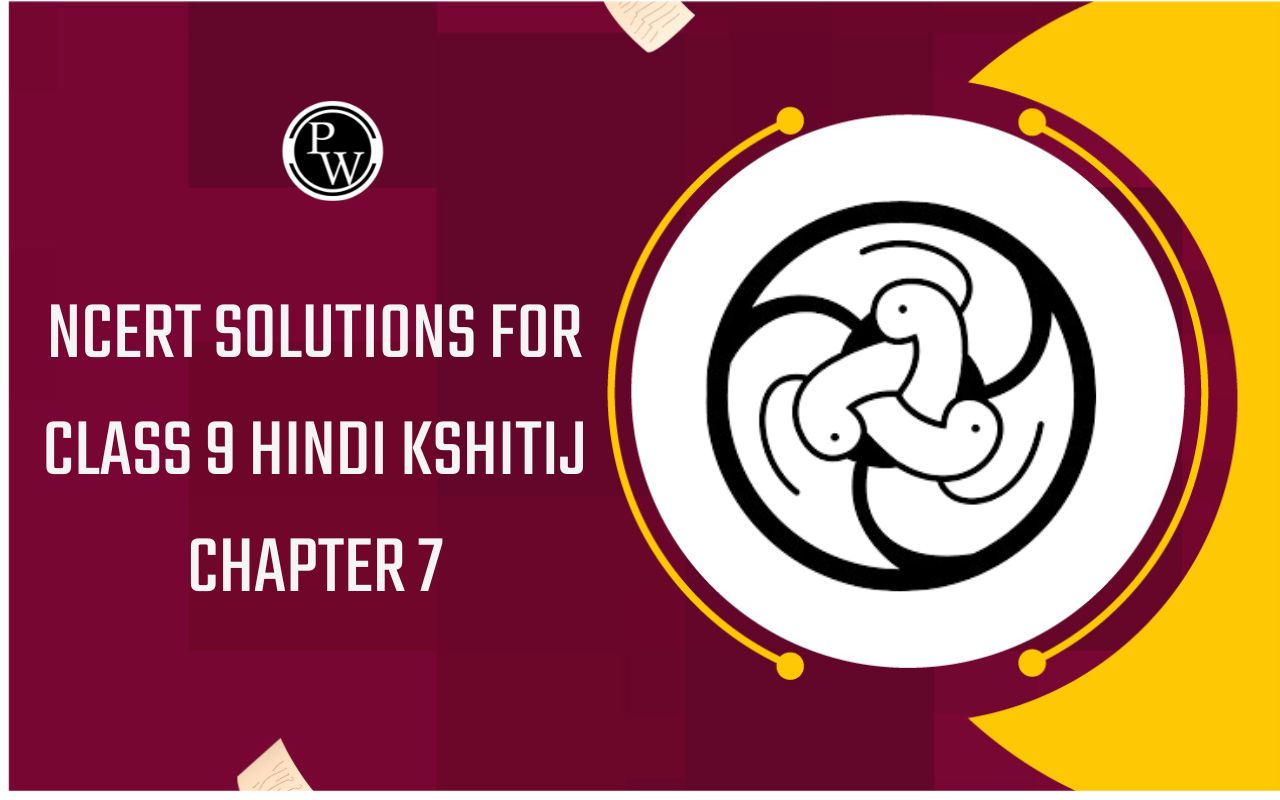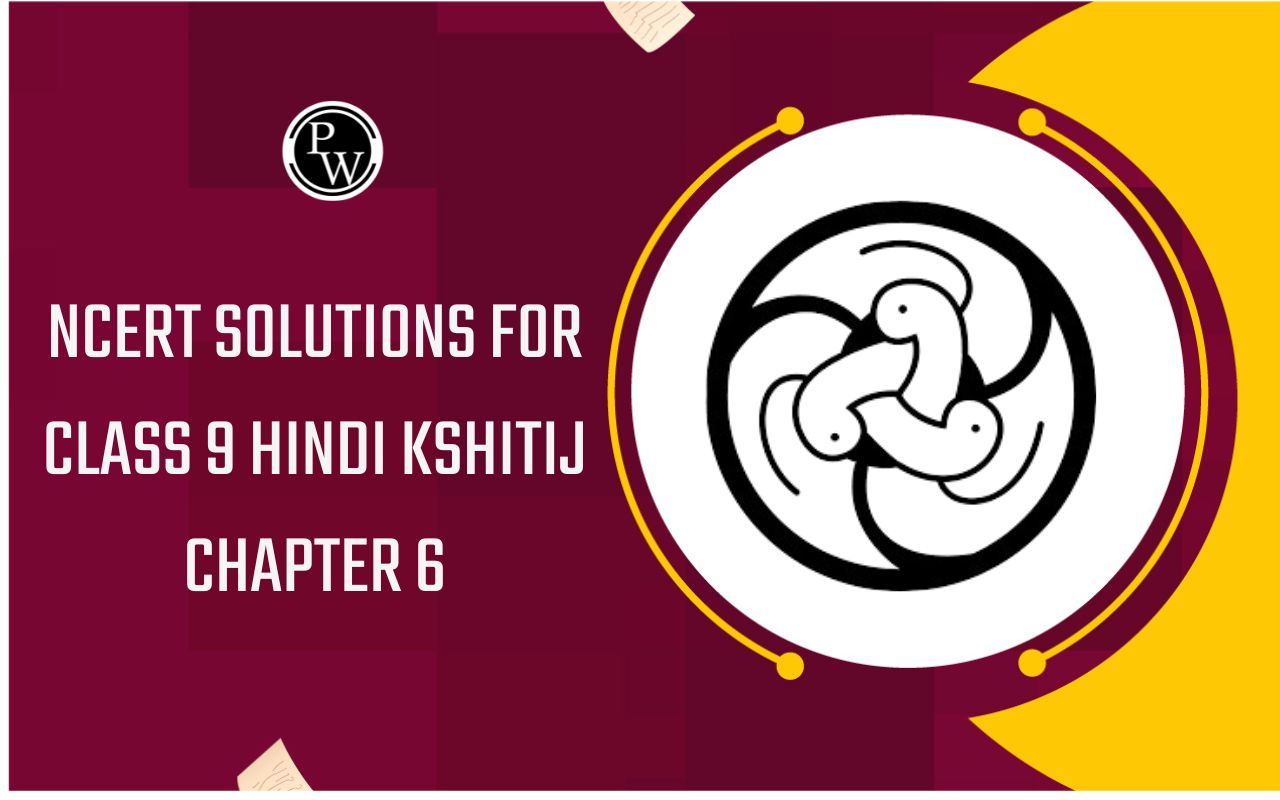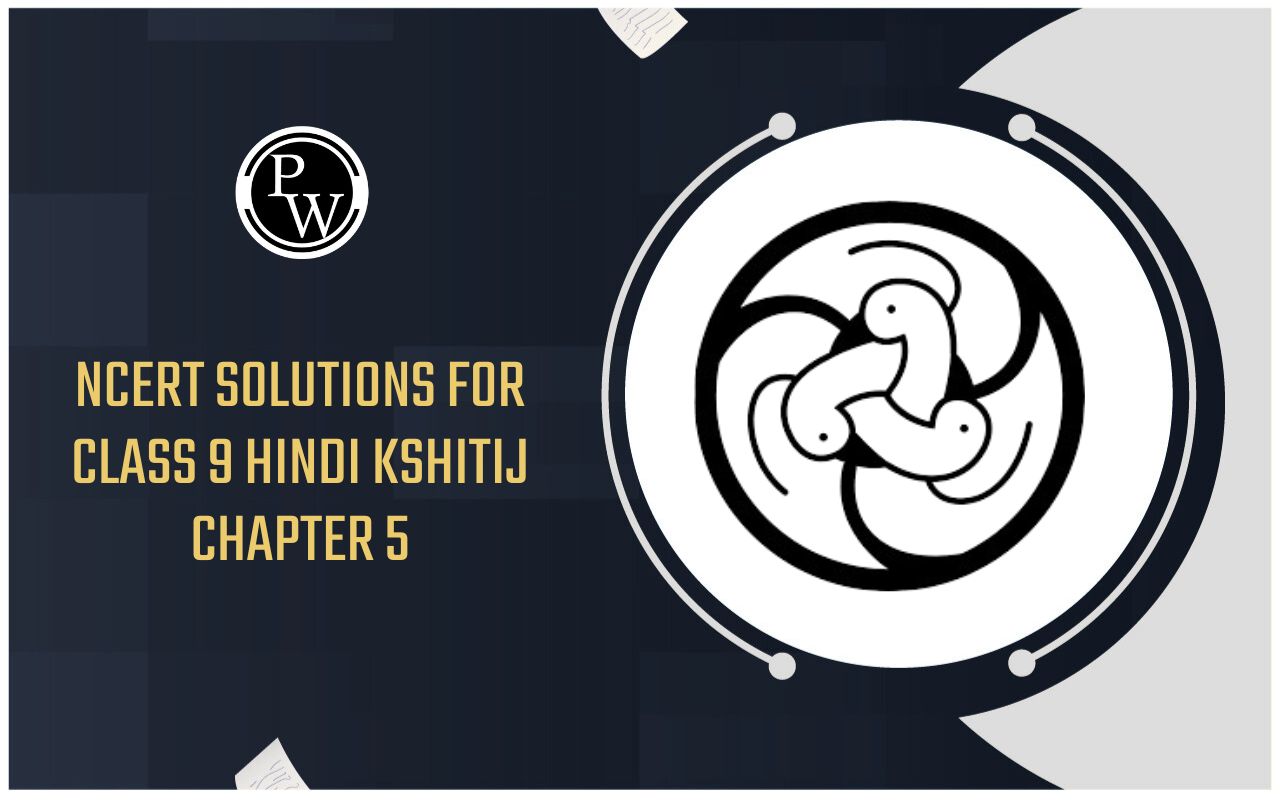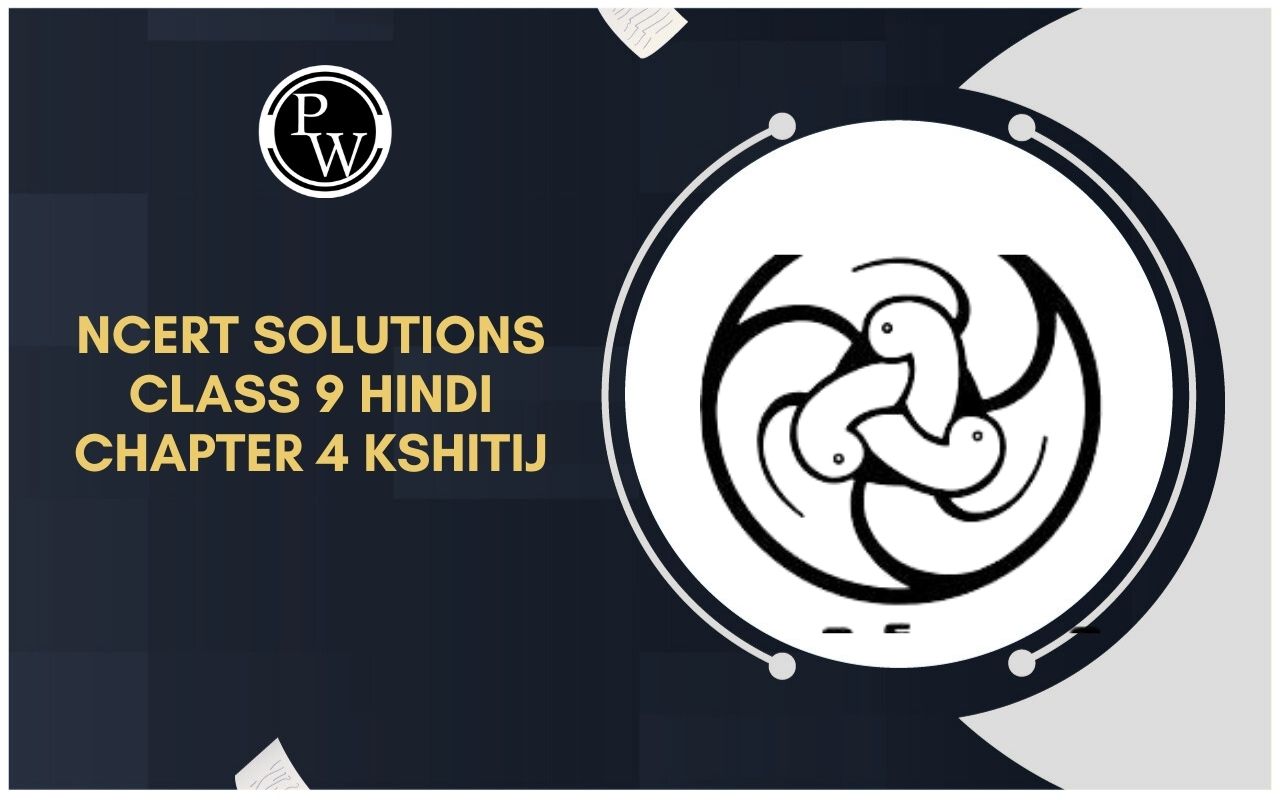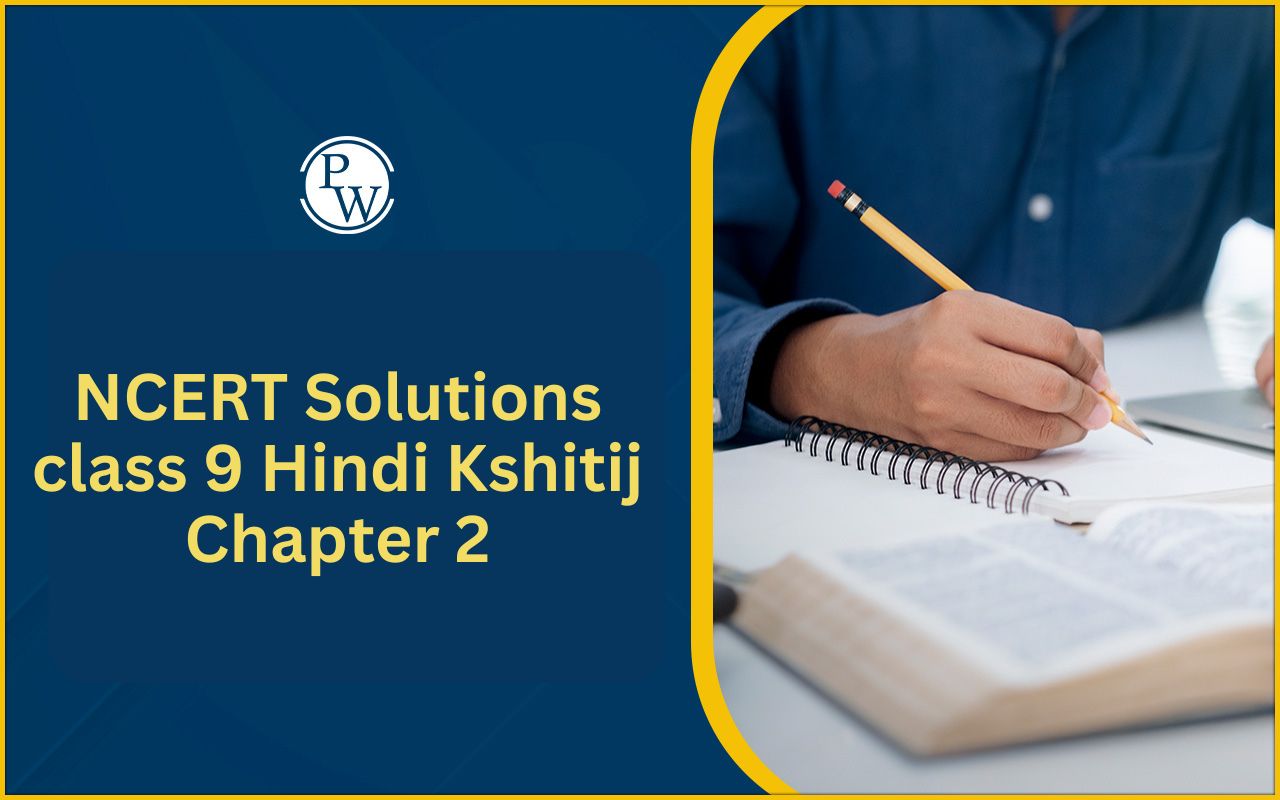
State Parties
Political Parties of Class 10
State Parties
- Other than these six parties, most of the major parties of the country are classified by the Election Commission as ‘state parties’.
- These are commonly referred to as regional parties. Yet these parties need not be regional in their ideology or outlook.
- Some of these parties are all India parties that happen to have succeeded only in some states.
- Parties like the Samajwadi Party, Samata Party and Rashtriya Janata Party Dal have national level political organisation with units in several states.
- Some of these parties like Biju Janata Dal, Sikkim Democratic Front and Mizo National Front are conscious about their State identiy.
- Over the last three decades, the number and strength of these parties has expanded.
- This made the Parliament of India politically more and more diverse. No one national party is able to secure on its own a majority in Lok Sabha.
- As a result, the national parties are compelled to form alliances with State parties. Since 1996, nearly every one of the State parties has got an opportunity to be a part of one or the other national level coalition government.
- This has contributed to the strengthening of federalism and democracy in our country.
CHALLENGES TO POLITICAL PARTIES:
Popular dissatisfaction and criticism has focused on four problem areas in the working of political parties. Political parties need to face and overcome these challenges in order to remain effective instruments of democracy.
- Lack of internal democracy: All over the world there is a tendency in political parties towards the concentration of power in one or few leaders at the top. Parties do not hold, organisational meetings and do not conduct internal elections regularly. They do not have the means or the connections needed to influence the decisions. As a result the leaders assume greater power to make decisions in the name of the party. Since one or few leaders exercise paramount power in the party, those who disagree with the leadership find it difficult to continue in the party. The personal loyality becomes more important as compared to loyality to the party principle and policies.
- Dynastic Succession: In many parties, the top positions are always controlled by members of one family. This is unfair to other members of that party. This is also bad for democracy, since people who do not have adequate experience or popular support come to occupy positions of power. This tendency is present in some measure all over the world, including in some of the older democracies.
- Money and Muscle Power: Parties tend to nominate those candidates who have or can raise lots of money Rich people and companies who give funds to the parties tend to have influence on the policies and decisions of the party In some cases, parties support criminals who can win elections.
- Being a Meaningful Choice: In order to offer meaningful choice, parties must be significantly different. In recent years there has been a decline in the ideological differences among parties in most parts of the world. In our country the differences among all the major parties on the economic policies have reduced. Those who want really different policies have no option available to them. Sometimes people cannot even elect very different leaders either, because the same set of leaders keep shifting from one party to another.
| Sr. No | Political Parties | Political Parties Symbol | States |
| 1. |
JKN Jammu & Kashmir National Conference (1939) |

|
Jammu |
| 2. |
JKNPP Jammu & Kashmir National Panthers Party (-) |

|
Jammu |
| 3. |
JKPDP Jammu & Kashmir Peoples Democratic Party (1999) |

|
Jammu |
| 4. |
UKD Uttarakhand Kranti Dal (1979) |

|
Uttarakhand |
| 5. |
SAD Shiromani Akali Dal (1920) |

|
Punjab |
| 6. |
INLD Indian National Lok Dal (1977) |

|
Haryana |
| 7. |
UGDP United Goans Democratic Party (1963) |

|
Goa |
| 8. |
MAG Maharashtrawadi Gomantak Party (1961) |

|
Goa |
| 9. |
JD(S) Janata Dal (Secular) (1999) also in Kerala |

|
Karnataka |
| 10. |
KEC(M) Kerala Congress (M) (1964)
|

|
Kerala |
| 11. |
MUL Muslim League (1948) |

|
Kerala |
| 12. |
RLD Rashtriya Lok Dal (1998) |

|
Uttar Pradesh |
| 13. |
SP
Samajwadi Party (1992)
|

|
Uttar Pradesh |
| 14. |
JD(U) Janata Dal (United) (1999) also in Jharkhand and Nagaland |

|
Bihar |
| 15. |
LJSP Lok Jan Shakti Party (2000) |

|
Bihar |
| 16. |
RJD Rashtriya Janata Dal (1998) also in Jharkhand |

|
|
| 17. |
SDF Sikkim Democratic Front (1993) |

|
Sikkim |
| 18. |
FB Forward Block (1940) |

|
West Bengal |
| 19. |
RSP Revolutionary Socialist Party (1940) |

|
West Bengal |
| 20. |
TC Trinamool Congress (1997) also in Meghalaya |

|
West Bengal |
| 21. |
PMC Pondicherry Munnetra Congress (1990) |

|
Pondicherry |
| 22. |
AIADMK All India Anna Dravida Munnetra Kazhagam (1972) also in Pondicherry |

|
|
| 23. |
DMK Dravida Munnetra Kazhagam (1949) also in Pondicherry |

|
Tamil Nadu |
| 24. |
PMK Pattali Makkal Katchi (1990) also in Pondicherry |

|
Tamil Nadu |
| 25. |
MDMK Marumalarchi Dravida Munnetra Kazhagam (1993) |

|
Tamil Nadu |
| 26. |
JMM Jharkhand Mukti Morcha (1973) also in Orissa |

|
Jharkhand |
| 27. |
SHS Shivsena (1966) |
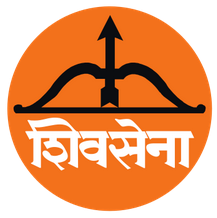
|
Maharashtra |
| 30. |
ASUDF Assam United Democratic Front (2006) |

|
Assam
|
| 31. |
AGP Asom Gana Parishad (1985) |

|
Assam |
| 32. |
AC Arunachal Congress (1996) |

|
Arunachal Pradesh |
| 33. |
NPF Nagaland Peoples Front (2002) |

|
Nagaland |
| 34. |
MPP Manipur People's Party (1968) |

|
|
| 35. |
MPC Mizoram People's Conference (1972) |

|
Mizoram |
| 36. |
ZNP Zoram Nationalist Party (1975) |

|
|
| 37. |
MNF Mizo National Front (1961) |

|
|
| 38. |
INPT Indigenous Nationalist Party of Twipra (2001) |

|
|
| 39. |
UDP United Democratic Party |

|
|
| 40. |
TDP Telugu Desam (1982) |

|
|
| 41. |
TRS Telangana Rashtra Samiti (2001) |

|
Andhra Pradesh |

